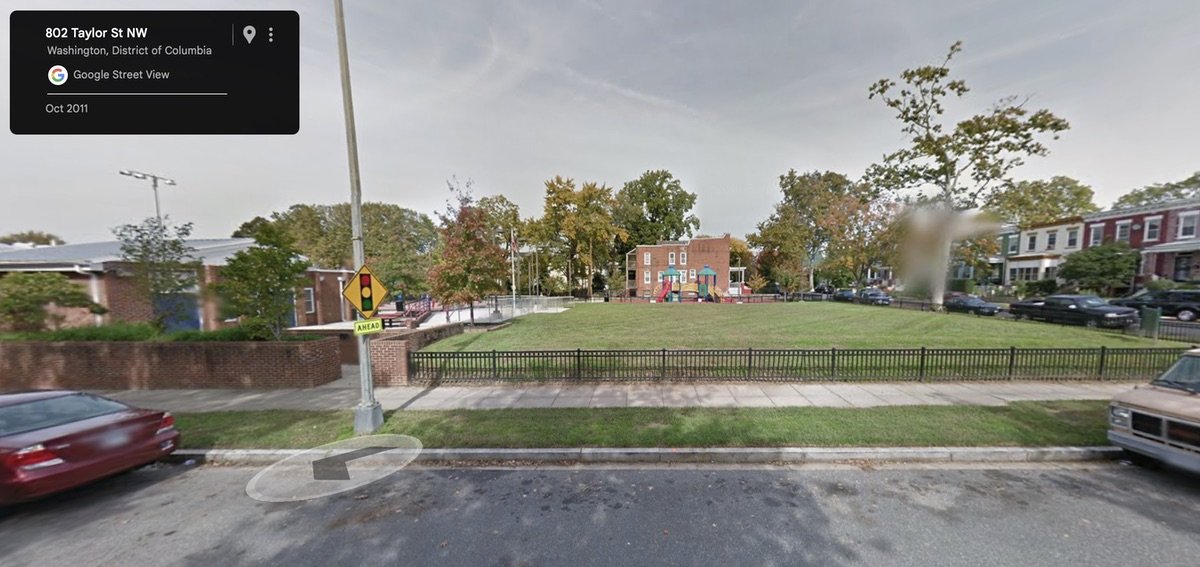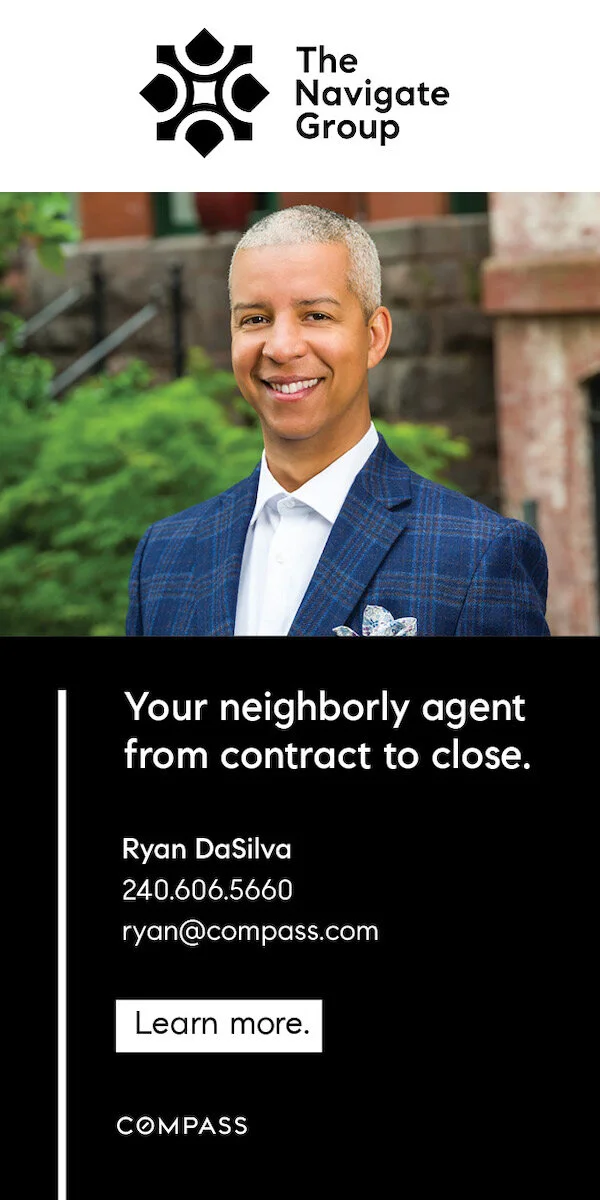A Green New Deal for affordable housing may be coming to DC
/Housing in DC is often inaccessible to low-income residents.
by Austin Schott
The Green New Deal for Housing Act, introduced by Ward 4 Councilmember Janeese Lewis George, and co-sponsored by six other councilmembers, is moving forward towards a public hearing next month.
The bill aims to produce District-owned mixed-income housing that is climate-neutral. Last month, I chatted with Councilmember Lewis George and her staff to hear more about what the bill entails.
The District continues to face limits in affordable housing: there is a scarcity of appropriately-sized homes affordable by low and middle-income families, rents are rising dramatically, thousands are waiting on the DC Housing Authority’s housing waitlist.
The Councilmember outlined the deep-seated need for mixed-income levels across the city. “Everything goes back to pipeline,” she said. “There’s a shortage of employees in government positions, for instance… We’re trying to get people in these roles but we just don’t have enough. You even hear this from the Metropolitan Police Department.”
She suggested that delayed response by the city to pick up trash, to plow snow or to collect autumn leaves stems back to a labor shortage, exasperated by a lack of affordable housing – families can’t afford to work here.
In light of this environment, Lewis George’s proposed legislation would take three substantive steps:
First, the Councilmember hopes to increase sustainability in the District’s affordable housing stock by mixing incomes within buildings, in an initiative termed “social housing.” Through social housing, a proportion of tenants would be paying market-rate rent, while others’ rents are subsidized. The rents from higher-income tenants would then help cover building and operating costs.
“Studies show that mixing incomes is supportive and builds community rather than segregating people by class,” the Councilmember said. Not only would this model be financially sustainable, but in theory, it would also create neighborhoods that cross class lines. Such models have proved successful in Vienna, Austria, in preventing the concentration of lower-class renters into separate enclaves of impoverished communities.
Attorney with Legal Aid, Amanda Kober, shared her excitement with the proposed legislation, saying, “The mixed-income idea behind the bill is that it sustains itself in terms of funding.”
Second, the bill intends for the city to own more of its own affordable housing stock. The bill would amend the District’s Opportunity to Purchase Act (DOPA) to increasingly use District-owned properties for social-housing, rather than selling the property to developers.
“Too often the District gives away valuable land to developers in the name of affordable housing without those properties delivering or sustaining deeply affordable housing,” Lewis George said. “This really puts the profits and the power in the hands of the people, instead of having surplus rent go to developers. We can then invest those funds to lower rent for tenants, and create more affordable housing across the city.”
Councilmember Janeese Lewis George introduces Green New Deal for Housing legislation (photo: CM Lewis George)
In general, the District will “dispose” of property with the mission of building affordable housing on the property. They will sell it to developers, sometimes for a nominal amount, who commit to pursue this mission.
A member of the Councilmember’s staff put it this way: “When you convert a former government-owned property, you are cutting out the profit motive of the developer. There’s no acquisition cost for the district. By reducing these costs, you can reach residents experiencing deeper levels of poverty.”
Finally, under the bill, each new building would have zero emissions, made possible through electric stoves, solar power and other sustainable technology. The Councilmember’s office worked closely with environmental advocates to create what members of her office call a “cross-cutting and comprehensive” approach to promote housing in a way the city can be proud of.
The bill also proposes the establishment of tenant leadership boards in new social housing units with the authority to oversee and manage the property. It would also create a new office to advance the construction, maintenance and growth of the social housing envisioned by the bill.
The public hearing for the bill is November 17, 2022. Housing experts and DC residents will have a chance to come forward and present their views on the bill. “We’re excited for community members to come and testify,” Lewis George said.
A November hearing doesn’t leave much time for the bill to get through the myriad of additional steps in order to become law before the legislative calendar ends at the end of December. This doesn’t worry the Councilmember though. The members of her office suggested that if it doesn’t pass this fall, the Council might try to identify pieces of it to be included in the budget for fiscal year 2024, or it might be reintroduced as an identical bill or in a slightly different form based on what community members share in the hearing.
The Councilmember is confident, even if the bill doesn’t pass this session, she has the support needed to move the contents forward.




















